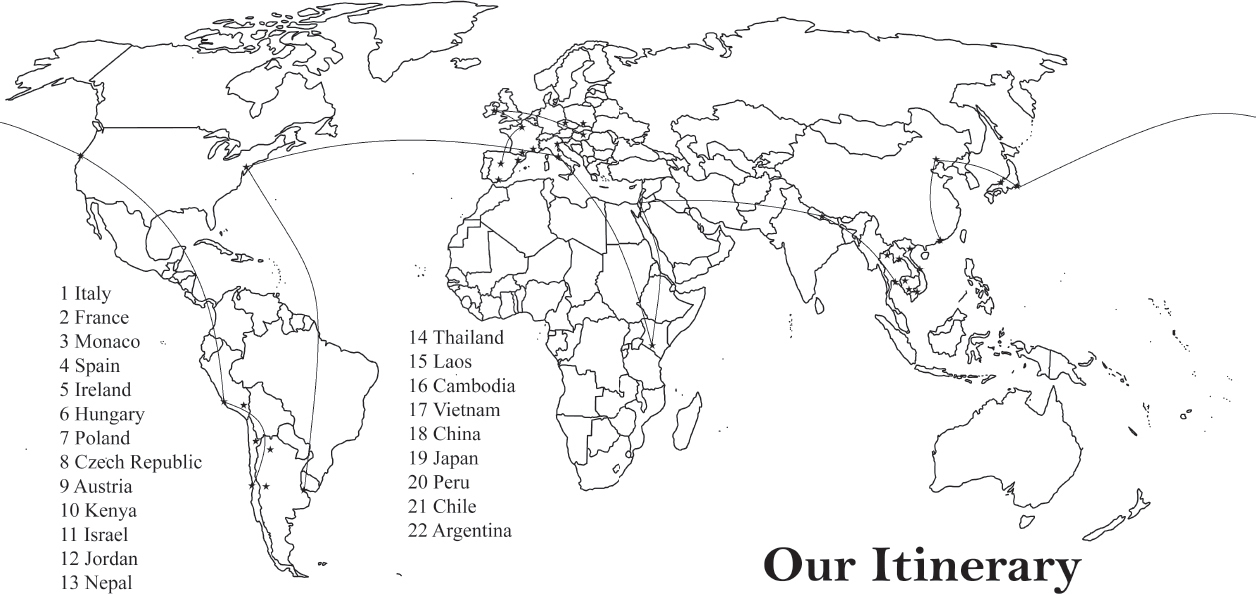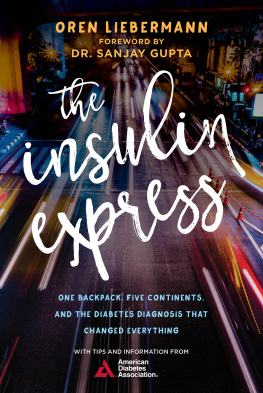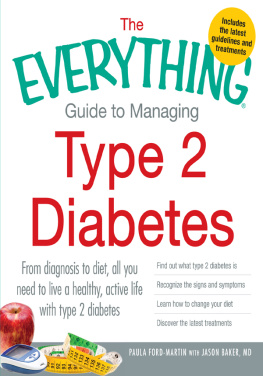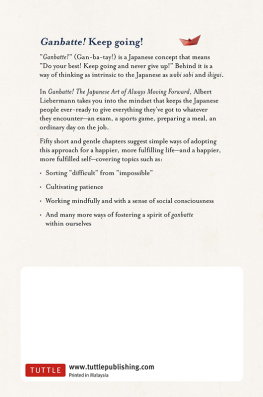Copyright 2017 by Oren Liebermann
Foreword 2017 by Dr. Sanjay Gupta
A portion of the money received for every copy sold of The Insulin Express goes directly to the American Diabetes Association.
All rights reserved. No part of this book may be reproduced in any manner without the express written consent of the publisher, except in the case of brief excerpts in critical reviews or articles. All inquiries should be addressed to Skyhorse Publishing, 307 West 36th Street, 11th Floor, New York, NY 10018.
Skyhorse Publishing books may be purchased in bulk at special discounts for sales promotion, corporate gifts, fund-raising, or educational purposes. Special editions can also be created to specifications. For details, contact the Special Sales Department, Skyhorse Publishing, 307 West 36th Street, 11th Floor, New York, NY 10018 or .
Skyhorse and Skyhorse Publishing are registered trademarks of Skyhorse Publishing, Inc., a Delaware corporation.
Visit our website at www.skyhorsepublishing.com.
10 9 8 7 6 5 4 3 2 1
Library of Congress Cataloging-in-Publication Data is available on file.
Cover design by Jenny Zemanek
Cover photo credit: iStock
Print ISBN: 978-1-5107-1848-7
Ebook ISBN: 978-1-5107-1849-4
Printed in the United States of America
Contents
The names of some locations and people have been changed.

Foreword
As doctors, we often get only fleeting snapshots in time of our patients lives. They arrive in our clinics, emergency wards, and operating rooms at the culmination of the most important physical and emotional journey of their lives. They are sick, vulnerable, and suddenly reduced to a blurry mess of lab values, imaging results, and diagnoses. It can be disorienting and humbling for the patients and their families.
Understandably, the physicians focus is on the immediate threat and how best to deal with it. Still, we rarely get a full appreciation of the incredible story and background that brought the patient to us in the first place. The fact is, we can diagnose our patient as ill, but do not fully appreciate why or how it happened. This is a missing link in the practice of medicine that my colleague Oren Liebermann brilliantly uncovers with The Insulin Express . He provides an incredible backstory to the germination of his own malady. It is true that we know more than ever about the physical impact of diabetes, but Oren wants us to know the emotional toll, as well.
As I started to read The Insulin Express , I devoured the clues about the beginning symptoms of his illness. With a journalists diligence, no detail was too small or unimportant. It was his fastidious journaling throughout a year of triumphs and letdowns which provided the exhilarating spine to his book. As he was trekking through Nepal and climbing toward Annapurna Base Camp, I felt like I was right there with himconcerned for his welfare and wondering why he shed 45 pounds, leaving him continuously exhausted. I could peer up the final 300 steps he needed to climb, even as his body was literally breaking down and devouring itself. I silently urged him to turn back, but cheered at the photo of his success, his blood soaked with sugar.
If you have diabetes, or face any sort of challenge, The Insulin Express is the dose of inspiration you need to be reminded of what is possible.
It is not too often that a writer with the candor, biting sarcasm, and narrative style of Oren Lieberman writes a book so deeply personal. At first, The Insulin Express is a sweeping travelogue of a man who was born to travel and who sacrifices a great deal to do so. Oren writes with the irreverence and brisk pace of the world traveler he set out to be. Again, striking details are never omitted, but there is a relentless nature to his narrative, as he candidly shares his entry into the world of journalism and the resulting trials along the way. It is about relationships with friends, colleagues, and new loves.
It is also, however, an anatomy of an illness that leaves him with the option of possibly dying in a dusty, remote Nepalese clinic, or coming out the other side stronger and more inspired than before. We will all have challenges in our lives; even the most blessed among us. It is not the challenge upon which we will reflect in our later years, however, but how we behaved in the face of those obstacles. And, for that, Oren has valuable lessons to share with all his readers.
Deep within all of us lies the truth. This is the note I scribbled halfway through the book. On some subconscious level, Oren likely knew what was happening deep within his body even if his brain, like all of ours, is wired for denial. And in there lies one of the lessons. The stories of our patients, chock full of details, provide not only a wonderful narrative, but also critical insights into ourselvesif we just take the time to share and listen.
Dr. Sanjay Gupta, Chief Medical Correspondent for CNN
Preface
I had always wanted to write a book. I never quite knew what book it was that I would write, but that seemed less important than the actual intent to write it. The story would sort itself out once I put pen to paper. (When I was in fourth grade, I wrote the first four pages of a novel. It was one of the longest things I had ever written. I showed it to my dad, who pointed out that it had a lot of curse words. I was writing an adult novel, I reasoned, and adults curse.)
Suffice it to say this is certainly not the book I thought I would write. I had always dreamt of writing a book about my life as a test pilot. I hate to break it to my younger self, but this is not that book.
When we started traveling, I had a vague notion that I wanted to write a book about the trip. What I couldnt figure out was why my story was compelling. On Valentines Day 2014, the day I was officially diagnosed with diabetes, I got my answer.
Since then, I have vowed to spend every Valentines Day overseas as a way of reminding myselfand my diseasewhos in charge here.
This is my life, just as certainly as your life is your own, and I will not have my decisions dictated to me by diabetes. I hope you find similar inspiration somewhere within these pages.
Chapter 1
June 13, 2011
314705.8N 351257.0E
Jerusalem
T he Aussies are drunk again.
For a fourth straight night, they consume an ungodly amount of alcoholmostly beer, but occasionally they mix in something more potent for variety, perhaps a vodka or licorice arak. They are waging war on their livers, attacking with wave upon wave of alcoholic beverage. Since were in Jerusalem, I can only assume this is a holy war, though what deity they fight for or what set of beliefs they proselytize I have not yet divined. They drink with the fervor and fanaticism of Crusaders, except instead of trying to rid the Middle East of one particular religious group or another, they are trying to vanquish the alcohol supply here.
Based on what I remember of Mrs. Bejdas tenth grade biology class, their livers are bound to give up at some point. They must, anatomically speaking, suffer alcohol poisoning eventually. But I see no signs of such mortal weakness. They drink with a swagger and confidence that is uniquely Australian, confident that tomorrow will come no matter what conglomeration of drinks they imbibe.
Nico seems to be the ringleader. Tall and brunette, she is incredibly fun and, somehow, in very good shape. Her sinewy arms and legs remind me of an Olympic high jumper armed with a trigger-happy smile. She has trained her body to metabolize grain alcohol into pure muscle, a trick I remind myself to learn. Nicos fitness hides her ageshe could be anywhere between twenty-five and fortyold enough to have built up a resistance to the deleterious effects of alcohol, yet young enough to ignore them (though I suspect she is closer to our late twenties). She is gregariously loud and laughs between frequent sips of booze. My fiance, Cassie, and I like her instantly.











